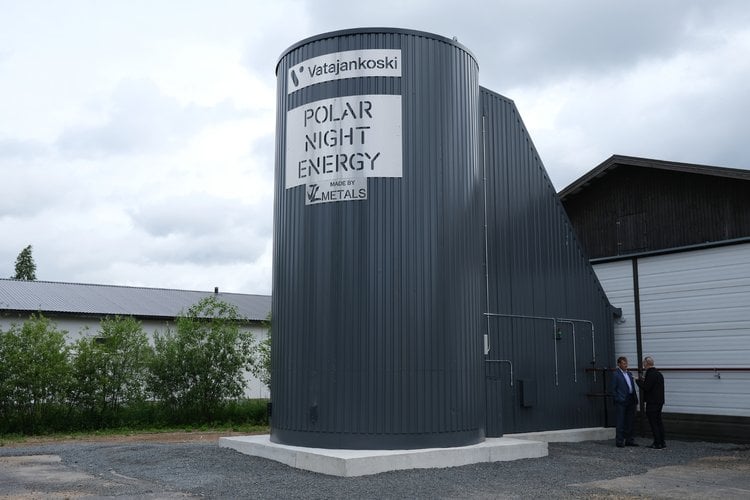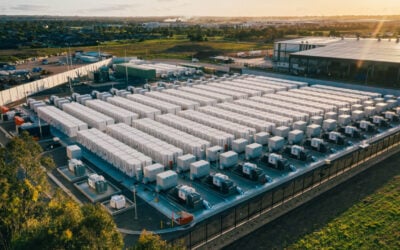
With nearly half of global emissions coming from heat processes, clean long duration energy storage (LDES) which can store thermal energy are crucial for decarbonisation, says a new LDES Council report.
Thermal energy storage solutions can decarbonise heat applications by electrifying them, firm heat with variable energy resources and optimise heat production in industrial processes.
A new report by the Long Duration Energy Storage (LDES) Council says that thermal energy storage, or TES, has the potential to expand the overall installed capacity potential of LDES by to 2-8TW by 2040, versus 1-3TW without. This equates to a cumulative investment of US$1.6-2.5 trillion, and would result in system savings of up to US$540 billion a year.
Use cases include storing and utilising electricity from renewables, storing and utilising heat generated from industrial processes or from heat-based renewable generation, as well as drawing in and storing clean energy from the market.
Try Premium for just $1
- Full premium access for the first month at only $1
- Converts to an annual rate after 30 days unless cancelled
- Cancel anytime during the trial period
Premium Benefits
- Expert industry analysis and interviews
- Digital access to PV Tech Power journal
- Exclusive event discounts
Or get the full Premium subscription right away
Or continue reading this article for free
TES comprises a range of technologies ranging from freezing to 2,400°C storage temperature, for hours to months of duration. The report claims that solutions have an internal rate of return (IRR) of 6-28% for chemical plants, 22% for ‘off-grid greenhouse’, 0-16% for district heating peaker plants and 16% for alumina refineries.
The capex requirements for discharging equipment – i.e. power capex – of TES are expected to fall by 2040, by 15-30% for steam-based applications and 5% for air-based ones. These are based on figures provided by LDES Council members. Members that provide TES solutions include 1414 Energy, Brenmiller Energy, EnergyNest, Malta Inc and MGA Thermal.
Energy storage capex requirements are expected to fall even further, by 25-70% by 2040 depending on the type of heat.
While not a member of the Council, Polar Night Energy’s ‘sand’ battery in Finland made headlines around the world when it went online in summer this year. Read Energy-Storage.news’ coverage of that project here.
Market design changes that could incentivise more deployments include carbon pricing, variable electricity pricing and payments for flexibility provision, the LDES Council said.
The report, which you can download here, gave some business case examples of TES in action. One business case was the generation of medium-pressure steam in a chemicals plant, using an electric boiler with TES. Alongside steam generation, use cases include drying, humidification, cleaning, moisturisation, sterilisation and disinfection and process heating, and the project has a potential IRR of 28%.
Another was replacing a 250MW peaker gas boiler for district heating with a TES powered by offshore wind, which could result in a 16% IRR.
See previous articles by Energy-Storage.news on the topic of thermal energy storage here.





